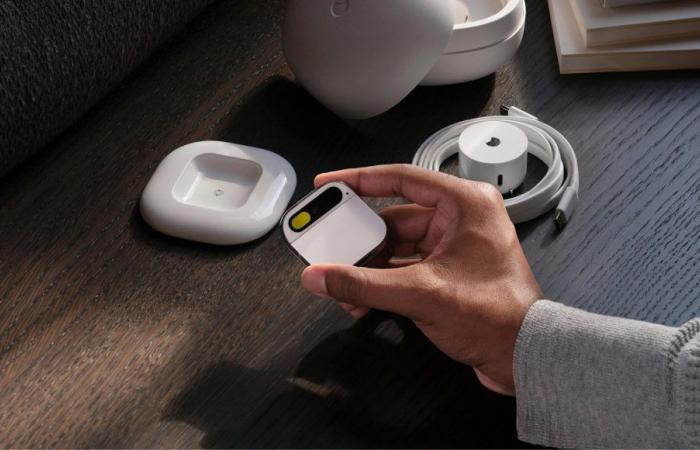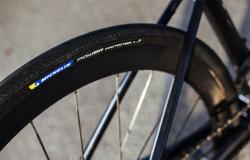Image of Humane
Today it’s time to talk about that small device that was supposed to change the technological game: Humane’s AI Pin. Let’s break it down and see if he still has a card up his sleeve.
Promise vs Reality
First, imagine this: a device that you can wear like a pin on your shirt that allows you to send messages, search the internet or capture photos without having to constantly rely on your smartphone.. That’s exactly what Humane tried to bring to market. Innovative, right? The idea was to free us a little from our phones and offer a new way to interact with technology. However, despite the vision and initial enthusiasm, implementation left much to be desired.
The launch was, well, less stellar than Humane would have expected. Despite being promoted at big events, including the glamorous Paris Fashion Week, the AI Pin failed to impress. In fact, it received devastating criticism: overheating problems, a questionable user interface and a battery that was very weak.
Reviewers pulled no punches, calling the product “completely broken” and “the worst product I’ve ever reviewed.”. This not only affected public perception, but hit sales dramatically. Imagine, with a starting price of $699, expectations were high, but actual sales were a blow to the company.
This is where the story takes a turn. Despite initial setbacks, founders Bethany Bongiorno and Imran Chaudhri did not give up. These Apple veterans knew they had to act fast. They responded to criticism with significant improvements: they optimized the software to improve power efficiency, increased battery life by 25%, and reduced the device’s response time to a mere two seconds. In addition, they continued to seek feedback from users to make the AI Pin something that could truly fulfill its initial promise.
The road to redemption for AI Pin is still uphill. The situation led Humane to explore drastic options, including the possibility of selling the company. However, more than 1,000 companies showed interest in the device after the announced improvements, opening a range of possibilities for future collaborations and adaptations of the product in different industries. This interest could be just what Humane needs to pivot and find a niche where the AI Pin can really shine.
The AI Pin proposal, although intriguing in its attempt to innovate, seems somewhat questionable to me. After all, We are talking about a device that tries to be a smartphone without really being one, operating on Android, but without the basic functionalities of a telephone. While the concept of breaking away from more conventional devices is appealing, practicality and effectiveness are essential, and this is where the AI Pin seems to stumble.
Technical challenges, such as battery life and overheating, are critical aspects that must be overcome for the device to gain practical relevance. In this sense, I remain skeptical about its ability to effectively replace or even complement traditional smartphones.
So here we are, Do you think Humane can turn the situation around and transform AI Pin into the success they once dreamed of? Or is it time for you to consider closing the chapter and exploring new projects?






